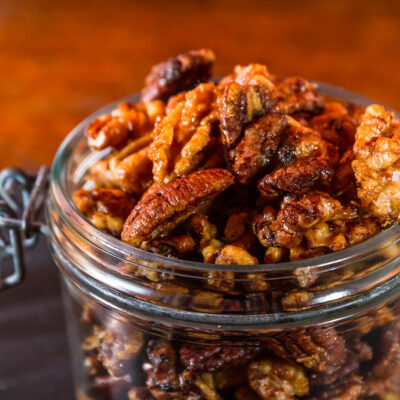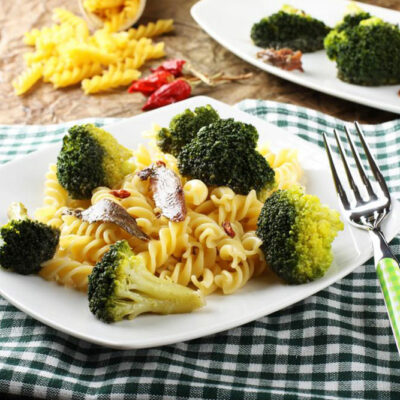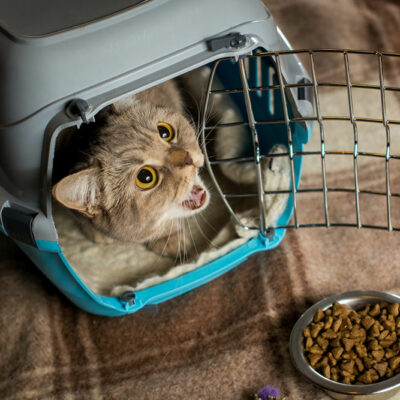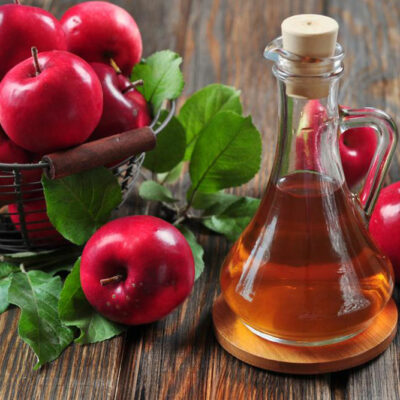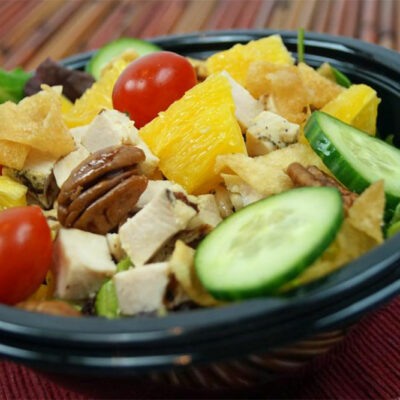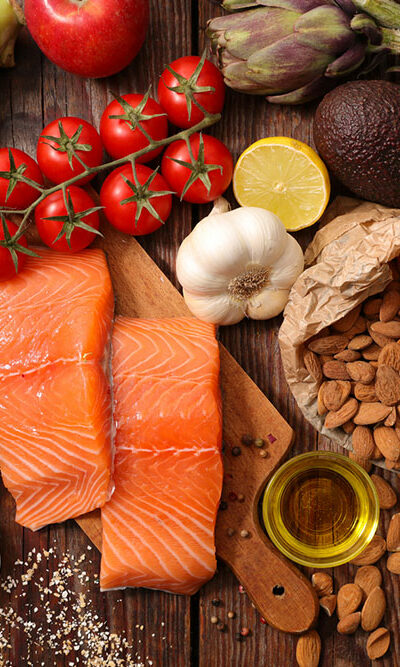
Diets & Meal Plans
Top foods to eat and avoid when on a gastritis diet
Gastritis is a stomach disorder where the stomach lining becomes inflamed. It may happen due to certain foods or bacterial infection. Gastritis can be avoided by shunning certain foods as they help in dealing with the symptoms. Herein, we discuss the foods one needs to have and avoid when suffering from gastritis diet. What to avoid Gastritis symptoms can be aggravated by certain foods. Allergies to foods can cause gastritis and, hence, certain foods need to be avoided as they would trigger symptoms. Spicy foods Spicy food can irritate the stomach and aggravate the symptoms of gastritis. Peppers, chili powder and chilies in general, jalapenos, and spices like nutmeg and clove can cause a wide variety of problems. Spicy foods should be avoided or a least used in moderation. Alcohol Alcohol can aggravate symptoms of gastritis and should be definitely avoided. The stomach lining is adversely affected when Acidic foods Food that is acidic in nature must be avoided. It can irritate the stomach. This includes citrus fruits, coffee, grains, and even tomatoes. Any acidic food affecting a person must be avoided to prevent worsening of the symptoms. Fried and fatty foods Foods that are fried and fatty affect the digestive system.
Read More 



